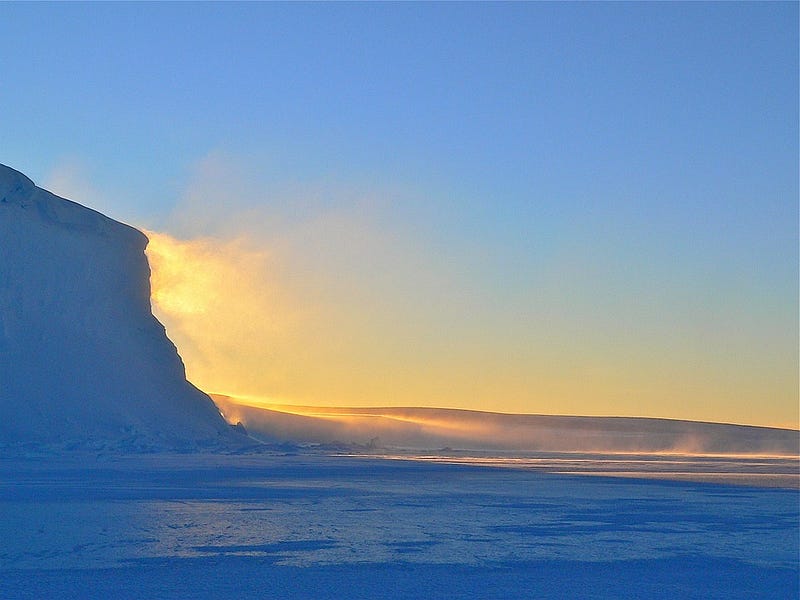Brain shrinkage in researchers in Antarctica
Dina Zemlyanker, Data Science & Biochemistry, 2024

The monotonous white-on-white environment, coupled with the scarcity of human interaction, resulted in the shrinkage of the brains of nine researchers who were on an expedition to Antarctica. The lack of varied sensory and social stimulation caused the researchers to lose between four and ten percent of their dentate gyrus, a part of the hippocampus primarily responsible for recording memories. The researchers’ brain-derived neurotrophic factor (BNDF) — a protein that plays a role in growth and maintenance of neurons — production, on average, decreased 45 percent. Both of these isolation effects caused a decrease in cognitive abilities and spatial awareness. According to a study from Friedler, Crapser, and McCullough in 2015, the damage to the brain is largely a result of the stress response acting erratically.
The lack of varied sensory and social stimulation caused the researchers to lose between four and ten percent of their dentate gyrus, a part of the hippocampus primarily responsible for recording memories.
The hypothalamic-pituitary-adrenal (HPA) axis, the network of interactions between the hypothalamus, pituitary, and adrenal gland, is vital to stress response. Long-term stressors, such as the social isolation the researchers experienced, increase cortisol production levels in humans, which in turn desensitize glutamate receptors. Since the HPA axis is also related to the fight-or-flight response, the desensitization of the glutamate receptors creates damaging inflammatory processes that contribute to the shrinkage of parts of the brain.
According to a study by Serra et al. in 2005 on rodents, the HPA axis deficits were ameliorated by antioxidant treatment. This means that oxidative stress plays a major role in the effects of isolation on neuroendocrine function. According to a study in the Journal of Human Ergology on the effects of monotony on motormen operating high speed trains, after just 90 minutes of monotonous operation of the trains, the motormen experienced lowered perceptual and choice reaction, as well as a significant increase in detection errors of signal tones. After 14 months of the monotony of the ice and snow and barrenness of Antarctica, these effects appeared in much more severe fashion. A lack of social interaction and varied external stimulation leads to an extreme decrease in cognitive function as well as brain matter, which highlights the social and complex nature of human beings.
Acta Neuropathologica (2015). DOI: 10.1007/s00401–014–1377–9
Stress (2005). DOI: 10.1080/10253890500495244
Journal of Human Ergology (1976). DOI:10.11183/jhe1972.4.129
